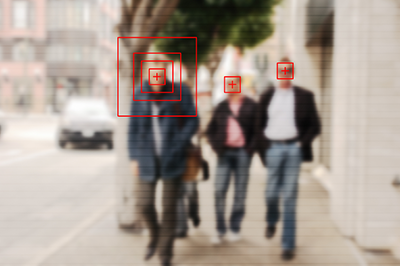
“The Helsinki Foundation for Human Rights thinks that the Sejm should stop working on a disproportionate limitation of pension entitlements of the law enforcement officers who had long served to protect the order and security of the Republic of Poland”, reads the HFHR’s opinion on a draft law targeting retired officers of the now defunct Communist secret police.
The Foundation’s opinion emphasises that a reasonable lawmaker, who intends to cut pensions of the former regime’s secret police officials responsible for serious violations of civil rights and freedoms, would strive to make the changes based on individualised assessment rather than follow the principle of a collective punishment. However, the bill currently debated in the Sejm seeks to introduce a mechanism that would automatically decrease pensions of the officers of Communist secret services, even those who were positively vetted in 1990 and remained in service. According to the proposed law, a pension benefit collected by such persons may not be higher than an average pension paid by the Social Insurance Institution. The limitation will also apply to disability benefits and family allowances.
If the draft law becomes effective, then – for the purposes of determining the amount of the retirement benefits payable to an officer – six months’ service in the Communist secret police will matter more than a positive vetting in 1990 and fifteen years in active service for the democratic Poland. In the HFHR’s opinion, the new procedure targeting Communist secret police officials is automatic and therefore disproportionate.
“The proposed legislative measures go directly against the principle of a citizen’s trust in the state”, the Foundation argues.
Pensions of former officers of the Communist secret police were slashed for the first time in 2009 but according to the proposers of the new law, the initiative proved to have been ineffective and propose further cuts. Differently from the 2009 law, the recent bill affects a broader category of people. The new law is to apply to full-time personnel of the Ministry of the Interior employed before 31 July 1990 or the students of the Academy of Domestic Law Enforcement who later worked for the free Poland’s security services. On the other hand, the bill will not apply to law enforcement and security services officials of the Communist Poland who failed to pass the vetting procedure in 1990 and now collect “ordinary” pensions.
“The tone of the proposed legislative changes undermines the forms and consequences of the peaceful constitutional transition carried out in 1990, and in particular the performed vetting of the Communist security officers and their re-enlistment in the new services of the Republic of Poland”, the opinion reads.


